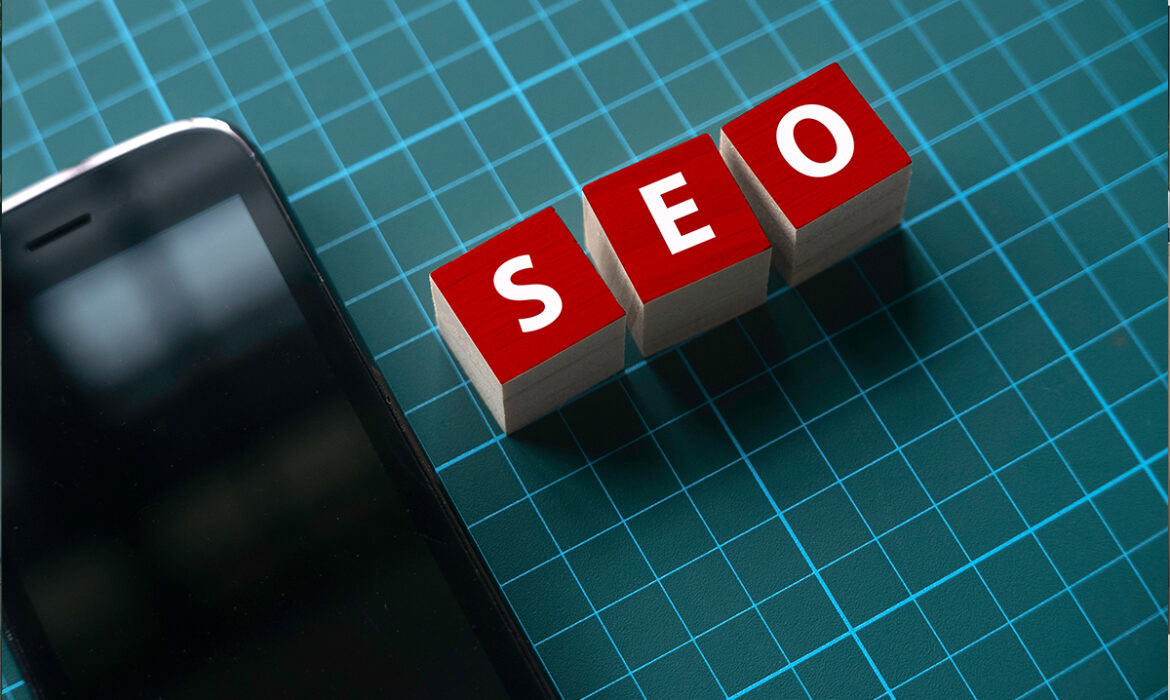
The Future of Marketing with the Internet of Things (IoT)
The Internet of Things (IoT) is revolutionizing the way businesses approach marketing, opening up a range of opportunities to connect with consumers in more personalized and relevant ways. With the proliferation of connected devices, from smartphones to home appliances and cars, brands can gain real-time data on user behavior and preferences. This allows for more precise marketing campaigns tailored to each consumer’s individual needs, maximizing effectiveness and return on investment (ROI).
One of the ways IoT is transforming marketing is through data collection. Connected devices generate a massive amount of information that can be used to better understand consumers. For example, a smart refrigerator can record a user’s food purchasing habits and suggest specific products or recipes through personalized ads. This level of personalization not only improves the user experience, but also increases the likelihood of conversion, as ads are more relevant to the consumer’s needs and wants at that moment.
Additionally, the Internet of Things facilitates marketing automation, allowing brands to engage with consumers continuously and without interruption. IoT devices can send notifications or personalized messages at the right time, such as reminding a user that it’s time to buy more of a product that’s running low or suggesting a special offer when the user is near a physical store. This ability to deliver contextual and timely marketing messages is key to staying relevant in an information-saturated marketplace.
The IoT also offers new opportunities for location-based advertising. With connected devices, brands can access real-time geolocation data to deliver targeted promotions or ads when a consumer is near a point of sale or even inside a store. This not only drives in-store sales, but also strengthens the connection between the online and offline experience, creating a more integrated and coherent customer journey.
In the future, the Internet of Things could take personalized marketing to a whole new level by integrating with artificial intelligence (AI). AI systems can analyze data collected by IoT devices to predict behaviors and offer even more accurate recommendations. For example, a virtual home assistant could suggest products based on a user’s preferences, the local weather, or even mood, detected through other connected devices. This ability to anticipate consumer needs before they even recognize them is what will make IoT-driven marketing so powerful.
However, along with these opportunities also come challenges, particularly in terms of privacy and security. As IoT devices collect more personal data, businesses will need to ensure that this information is handled securely and transparently. Consumers are increasingly aware of how their data is being used, and any breach of trust could have a negative impact on the brand. It is therefore crucial that IoT-based marketing strategies include robust data protection measures to maintain consumer trust.
The future of marketing with the Internet of Things is bright, offering businesses new ways to connect with consumers in more direct, personalized and efficient ways. As technology continues to evolve, brands that embrace and adapt their marketing strategies to the IoT will be better positioned to stand out in a competitive and ever-changing marketplace.





